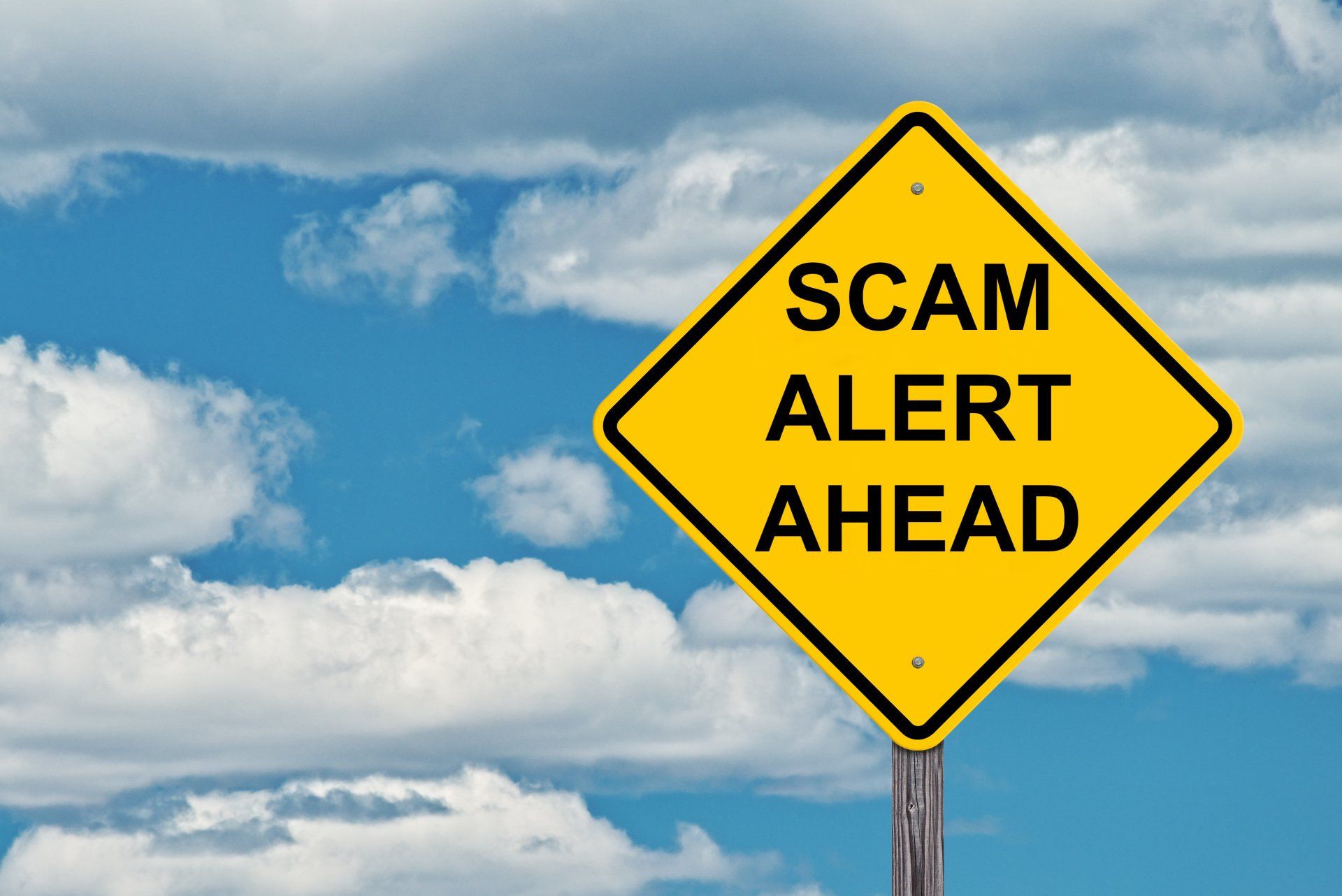COVID-19 Scams: What to Watch Out For
Vision Credit Union • April 2, 2020
How to recognize fraud and cybercrime during the COVID-19 pandemic
It’s hard to think that anyone would take advantage of others during a global pandemic. Unfortunately, fraudsters view times of vulnerability as their ideal opportunity. From phone calls to emails to websites, scams of every variety have been popping up in relation to COVID-19.
So how do you protect yourself? Knowledge truly is power when it comes to recognizing fraud and cybercrime.
What to watch out for:
Fraudsters posing as government agencies, healthcare authorities or private companies
- Scam phone callers who say you’ve tested positive for COVID-19 and ask for personal and financial information, like your health care number and credit card details.
- Fraudsters posing as government health officials who offer to sell documents listing people in your neighbourhood infected with COVID-19.
- Scam companies offering to sell rapid result COVID-19 tests.
Rule of thumb:
- Better safe than sorry. If you’re uncertain who you’re talking to, never disclose personal or financial information.
- Only legitimate health care providers can perform COVID-19 testing. Don’t be fooled, there are currently no vaccines or prescriptions available for the virus.
Unsolicited contact offering advice or demanding urgent action/payment
- Scammers posing as utility providers who threaten to disconnect your services unless you issue a payment for erroneous “past due” accounts you’re not aware of.
- Scam emails offering unsolicited, unsubstantiated advice related to COVID-19.
Rule of thumb:
- If you weren’t the one to reach out, and you don’t recognize who’s contacting you, there’s a good chance it’s a scam.
- Don’t respond to suspicious emails and be careful not to click any links or open attachments. It could be a phishing email, which could infect your computer with malware and gain access to sensitive information.
- Never provide your personal or financial details. Reach out directly to your service providers if you have questions about your accounts.
Fraudsters posing as known charities or creating unauthorized charities to request donations
- Fraudulent charities requesting monetary donations for victims, products or research.
- Scammers who falsely represent themselves as known charities, like the Red Cross, offering high-demand medical products, such as masks, in exchange for a donation or shipping fee.
Rule of thumb:
- Be sure to always verify that a charity is registered and legitimate before making any donations. You can search registered Canadian charities here: https://apps.cra-arc.gc.ca/ebci/hacc/srch/pub/dsplyBscSrch
- Check the websites of registered charities. Many have online resources about misinformation and scams.
Suspicious or deceptive offers
- People who bulk-buy high-demand items to sell them at inflated prices. Buying products from these kinds of scalpers only encourages the behaviour. Their items may also be expired, ineffective and/or dangerous to your health.
- Scammers who offer miracle cures, herbal remedies or COVID-19 vaccines.
- Scammers who pose as financial advisors offering financial aid or pushing investments in stocks related to COVID-19.
- Online advertisements from unrecognized retailers peddling high-demand products like hand sanitizers and cleaning products.
Rule of thumb:
- Don’t let scammers deceive you. According to the World Health Organization, there’s currently no vaccine and no specific antiviral medicine to prevent or treat COVID-19.
- Remember this old adage: “If it seems too good to be true, it probably is.”
Sources
Canadian Anti-Fraud Centre: https://www.antifraudcentre-centreantifraude.ca/features-vedette/2020/covid-19-eng.htm


